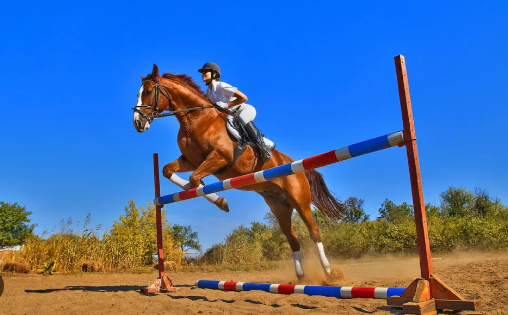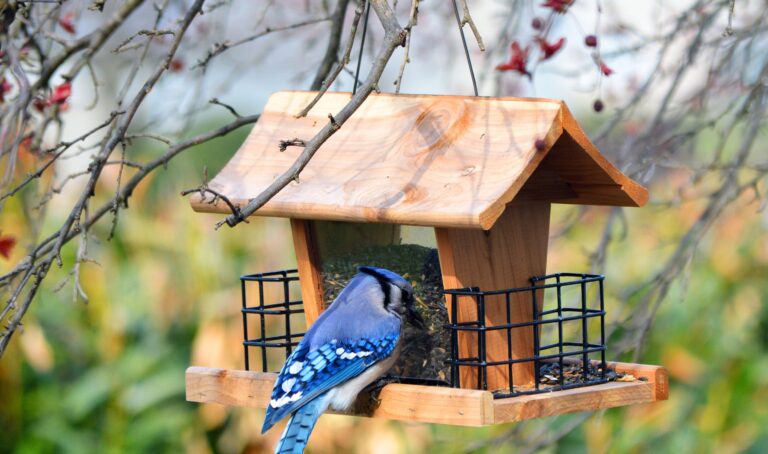6 Tips to Help your Horse Recover after a Car Accident
Car accidents can be traumatic for both you and your horse. While you may suffer from emotional and physical injuries, your horse may also experience pain, lameness, and swelling. Whether the accident was minor or severe, the road to recovery for your horse can be long.
However, with proper care and attention, you can help your horse recover from their injuries and return to their healthy self. Here are six tips to help your horse recover after a car accident.
Understand the Injury
The first step to helping your horse recover from an injury caused by a car accident is to understand the injury. Check for immediate signs of injury, such as lameness or swelling. If your horse is in severe pain, contact your veterinarian right away.
A veterinarian assessment is important to check if the horse has internal injuries that are not visible on the surface. Knowing the extent of the injury will help you determine the best course of action to take to aid in your horse’s recovery.
With a car accident lawyer you can then decide the compensation for your horse getting injured due to the drivers fault, knowing the extent of injuries.
Keep Movement to a Minimum
After a car accident, it’s important to keep the horse’s movements to a minimum. Avoid riding them until they have fully recovered from their injuries and have received clearance from your vet. However, walking can help speed up the healing process as long as you monitor the horse’s movements.
You can also provide a comfortable and spacious stall for your horse to rest in, preferably padded with straw or other soft materials. This will prevent the horse from injuring themselves further and ensure their comfort.
Provide Proper Hydration
Proper hydration is essential for your horse’s recovery after a car accident. Ensure that your horse is drinking plenty of water by providing fresh water multiple times per day and using a salt block or electrolyte supplement when necessary.
Dehydration can cause other internal issues, making it vital to monitor and take notice of the horse’s water and salt intake levels.
Feed Appropriately
After an accident, your horse’s digestive system could be compromised. To prevent any further issues, offer hay feeders with small-holed hay nets or hay bags that will limit the amount of food your horse consumes.
You can also provide your horse with a variety of food that meets their nutritional needs and encourages their appetite. For some horses, smaller and more frequent meals may be better than one large meal per day.
Monitor Hoof Health
Monitor your horse’s hooves regularly to ensure they remain healthy and trimmed properly. Hoof health is crucial for your horse’s recovery, as it can prevent further injuries as they heal. Proper hoof care will also prevent problems with walking or standing that could hinder recovery.
Take Time for Rest
After experiencing a car accident, your horse needs plenty of time to rest and recover, both physically and emotionally. They may experience nervousness or stress after the trauma, so it’s essential to provide a calm and secure environment for your horse to recover.
Monitor them and take notice of any behavior changes that could indicate emotional trauma, and offer the appropriate assistance.
Conclusion
Recovering from a car accident takes time and patience, and this is no different for horses. With the right care and attention, you can help your horse recover and return to their healthy self. Proper hydration, nutrition, monitoring, and rest are all vital for your horse’s recovery.
By following these six tips, you can ensure your horse makes a full recovery and returns to their happy, healthy self.


